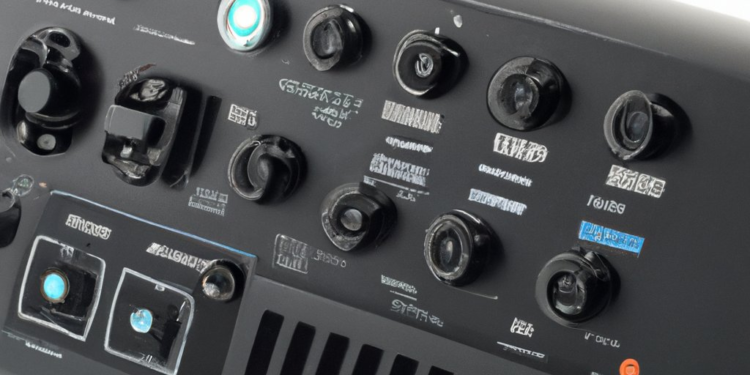When it comes to creating the perfect home theatre experience, power management is essential. A home theatre power manager helps to keep your devices running smoothly and efficiently by managing the energy consumption of all components. It also ensures that you don’t overload your system with too much electricity. In this article, we will discuss the features you should look for when selecting a home theatre power manager. We will cover topics such as surge protection, remote control capabilities, and energy monitoring capabilities. By understanding these features, you can make an informed decision when choosing a power manager that meets your needs and budget.
1. Surge Protection
Investing in a home theatre power manager is an important decision and should not be taken lightly. To ensure your equipment is protected from power surges, you should look for surge protection when selecting a power manager. Surge protection will help protect your system from the damaging effects of sudden bursts of energy that can occur in your home due to lightning or other sources. The right surge protection can give you peace of mind knowing that your investment is safe and secure.
2. Remote control capabilities
Home theatre systems have become increasingly sophisticated, and a power manager is essential to ensure optimal performance. With remote control capabilities, you can easily manage your home theatre system from anywhere in the world. Remote control lets you turn on or off equipment, adjust volume levels and even switch between sources with a single button press. When selecting a home theatre power manager, look for one with remote control capabilities for ultimate convenience and flexibility.
3. Energy monitoring capabilities
As the entertainment industry continues to rapidly evolve, it is essential to ensure that your home theatre power management system meets all of your needs. One of the key features to look for when selecting a home theatre power manager is energy monitoring capabilities. This feature can help you keep track of how much energy you are using and allow you to make changes in order to reduce your electricity bills. Additionally, this feature can alert you when there are any potential issues with your system so that they can be addressed quickly and easily.
4. Audio signal processing technology
When it comes to setting up a home theatre, sound is just as important as the visuals. Audio signal processing technology is essential for delivering a great listening experience. With the right power manager, you can ensure that your speakers and other audio equipment are receiving the optimal signal for maximum performance. Not only that, but these cutting-edge technologies can help eliminate distortion and noise so your sound remains clear and accurate. Investing in a quality audio signal processor is an essential part of creating an enjoyable home theatre experience.
5. Automated energy saving options
When selecting a home theatre power manager, it is important to consider automated energy saving options. Automated energy saving solutions can help you save money on your electricity bills while also reducing your environmental impact. With the right home theatre power manager, you can keep your entertainment system running smoothly while cutting down on your energy consumption.
6. Automated audio video setup
When selecting a home theatre power manager, automated audio video setup should be on the top of your list. This feature allows for the seamless integration of multiple audio and video components, saving you time and effort when setting up your home theatre system. Automated audio video setup can also ensure that your system runs efficiently and reliably, allowing you to enjoy the full potential of your home theatre experience with minimal effort.
Conclusion:
Home theatre power managers are an essential part of any home theatre setup. They provide a way to control the power supply to the different components of your system, such as the TV, speakers, and other peripherals. When choosing a power manager for your home theatre setup, it is important to consider which features you need in order to get the most out of your system. With these features in mind, you can be sure that you have chosen a power manager that will provide reliable and efficient performance for your home theatre setup.






